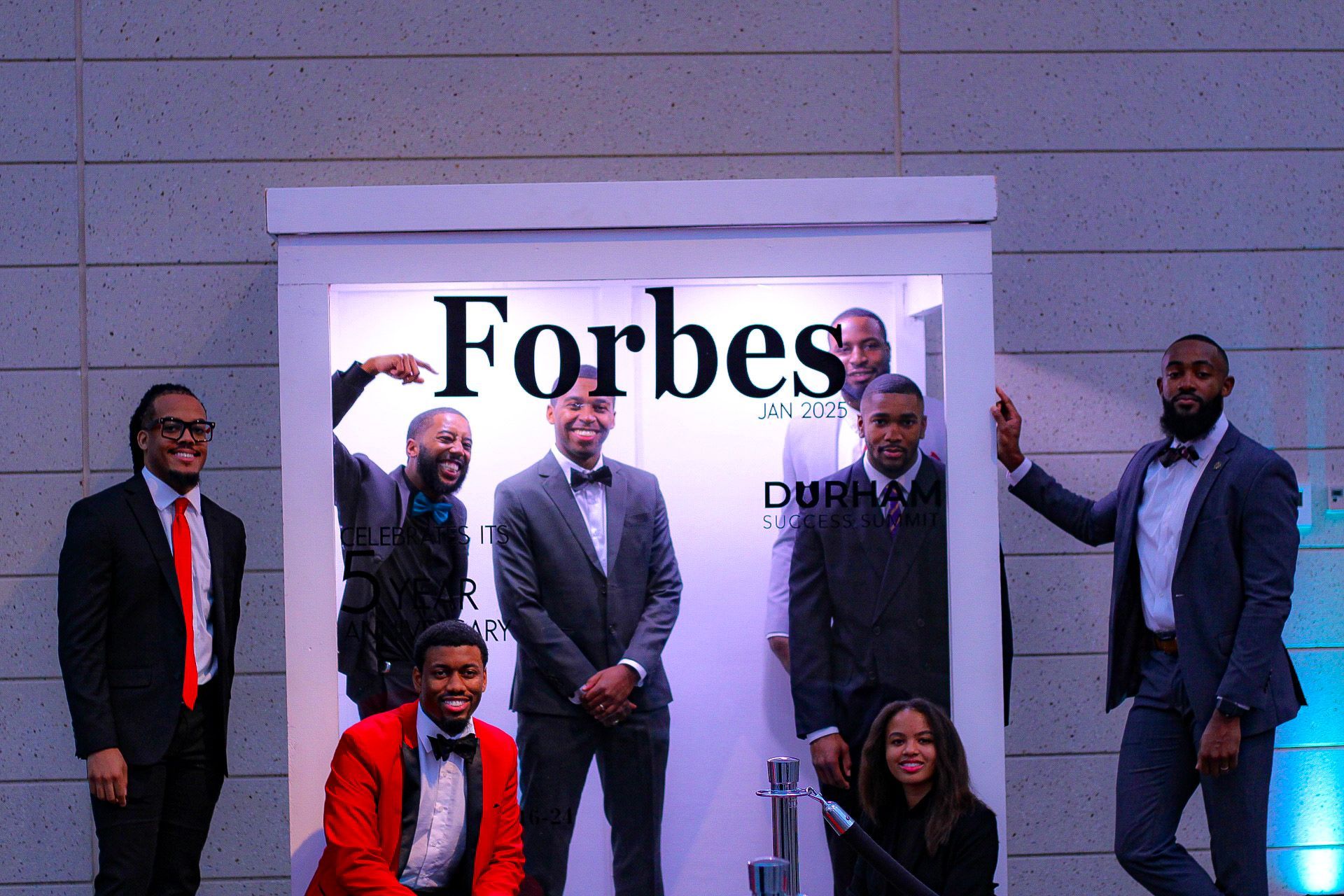WE EXIST FOR THEIR SUCCESS.
CONTACT US
919-430-4466
outreach@dssnc.org
Physical: 727 N. Mangum Street #200, Durham, NC 27701
Mailing: 732 9th St #596, Durham, NC 27705
ABOUT
Our space is open during the following times for members and visitors:
Mondays: 10:00 AM – 2:00 PM & 6:00 PM – 9:00 PM & Thursdays: 10:00 AM – 2:00 PM & 6:00 PM – 9:00 PM | Other days by appointment only.
JOIN OUR MAILING LIST
Contact Us
Thank you for contacting us.
We will get back to you as soon as possible.
We will get back to you as soon as possible.
Oops, there was an error sending your message.
Please try again later.
Please try again later.





